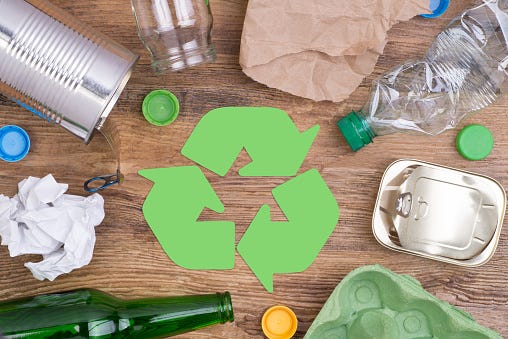
Navigating the Recycling Maze: Simplifying Plastics Recycling Processes
Plastics recycling is a vital method in today’s world, considering the enviromentally friendly concerns related to plastic squander. Here’s an intensive help guide to understanding plastic recycling:
1. Kinds of Plastic:
Plastics are grouped according to their resin codes, including Family pet (Polyethylene Terephthalate) to PVC (Polyvinyl Chloride). Each kind demands distinct recycling operations.
Dog plastics, typically found in water bottles, are widely re-cycled, although PVC plastics, utilized in piping and product packaging, present challenges due to their formula.
2. Recycling Method:
Series: Plastic spend is collected from a variety of options, such as homeowners, organizations, and recycling facilities.
Searching: The collected plastics are sorted based upon their resin rules and color. Advanced selecting technological innovation like automated visual selecting techniques are used for efficiency.
Shredding: Plastics are then shredded into smaller sized pieces to help the recycling procedure.
Cleansing: Shredded plastics undergo comprehensive cleaning to eliminate pollutants including dirt and labels.
Melting and Pelletizing: Cleaned out plastics are dissolved and shaped into pellets, which bring raw substance for producing new products.
3. Obstacles in Plastic Recycling:
Toxic contamination: Contamination from food items deposits or some other materials may affect the standard of re-cycled plastics.
Downcycling: Some plastics are only able to be re-cycled into reduce-top quality merchandise, leading to a lowering of fabric importance with time.
Deficiency of Infrastructure: Insufficient recycling system in certain territories hinders powerful plastic recycling efforts.
4. Enviromentally friendly Impact:
Electricity Savings: Recycling plastics conserves energy in comparison to creating virgin plastic.
Reduction of Landfill Waste: Recycling assists divert plastic waste materials from landfills, lowering environmental toxins.
Conservation of Sources: By recycling plastics, a lot fewer organic solutions are used in the creation of new supplies.
5. Need for Customer Involvement:
Appropriate Fingertips: Shoppers play an important role in making certain plastic waste is disposed of correctly in recycling bins.
Decrease and Reuse: Minimizing plastic consumption and choosing reusable alternatives can additional reduce the burden on recycling techniques.
6. Improvements in Plastic Recycling:
Substance Recycling: Superior techniques like compound recycling break down plastics to their molecular elements for reuse.
Bioplastics: Progression of bio-degradable and compostable plastics offers environmentally friendly options to standard plastics.
7. Long term Perspective:
Cooperation: Governing bodies, businesses, and communities need to work together to further improve plastic recycling structure and methods.
Innovation: Continued investigation and innovation are essential for developing more potent recycling systems and eco friendly supplies.
In summary, plastics recycling is an important aspect of environment preservation, demanding group efforts to deal with problems and market environmentally friendly procedures.